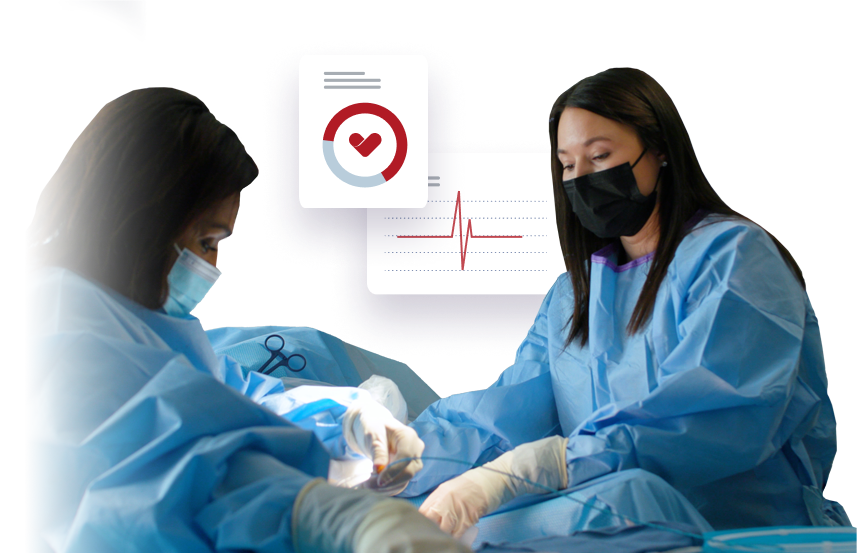South Carolina’s Choice for Cardiovascular Expertise
.png?width=160&height=149&name=354909-electro-seal-1%20(1).png)
.png?width=160&height=149&name=354909-nuclear-seal-1%20(1).png)

The Cardiovascular Center of Florida is the Newest and
Most Comprehensive Provider of
Cardiovascular Services in the Greater Orlando Area


20+
Years in Business
5k
Active Patients
1
Cardiovascular PhysicianYour Partner in Heart Health for 30+ Years
Carolina Heart Specialists has been pioneering cardiovascular care across South Carolina for over three decades. We don't just follow medical advances—we bring them to Lancaster first. As the first practice in Lancaster to offer 64‑Slice CT Angiograms, Pacemakers, ICDs, PET, and SPECT imaging, we've consistently stayed ahead of the curve to give our patients access to the most advanced care.
Our board-certified cardiologists combine this cutting-edge technology with genuine compassion, taking time to understand you as a person, not just a patient. From early detection and preventive care to the most advanced treatments available, we're here to protect what matters most—your heart and your future.
Heart Care That Covers Everything You Need
Leading Heart & Vascular Care
We provide innovative, comprehensive cardiovascular services with a focus on prevention, diagnosis, and advanced treatment.
-
Preventive Care: Personalized screenings to catch heart issues early.
-
Diagnostics: Advanced imaging like CT angiograms, PET/SPECT scans, and stress testing.
-
Heart Rhythm Care: Expert treatment for arrhythmias, including pacemakers and ICDs.
-
Interventional Procedures: Minimally invasive treatments, in-office and with MUSC partners.
-
Sleep Medicine: Care for sleep apnea and related conditions affecting heart health.
-
Vascular Care: Testing and treatment for circulation issues, PAD, and vein conditions.
Meet the Providers Who Care for Your Heart
Our team of experienced cardiologists combines clinical excellence with genuine compassion. With over 50,000 patients served, we've built our reputation on trust, expertise, and the personal relationships that make all the difference.
Cardiovascular Care Patients Trust
Our trusted care has earned Carolina Heart Specialists nine “Best Sub-Specialty Practice” awards from The Lancaster News. Hear how we’ve helped patients like you:
Accepted Insurance Providers
We work with most major health insurance providers so you can focus on getting the care you need, not the paperwork.
Your Heart Deserves the Best Care


.png)
